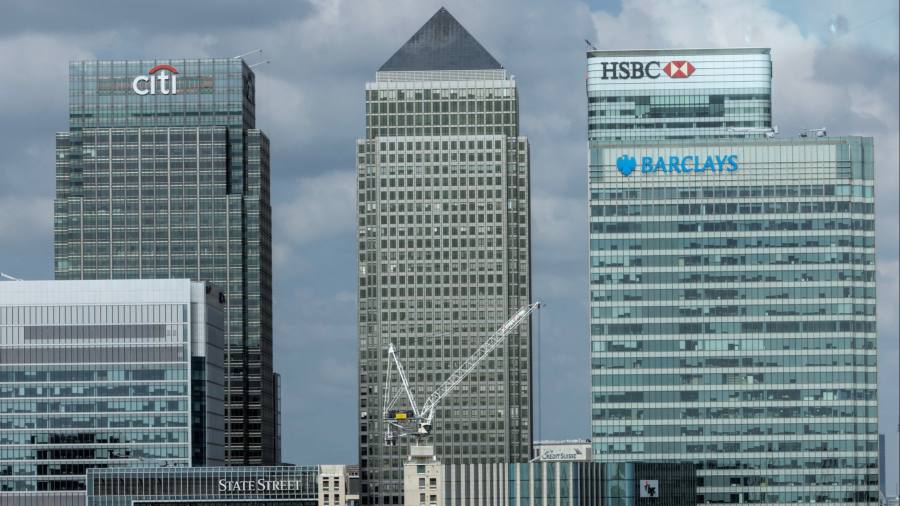Receive free Commercial property updates
We’ll send you a myFT Daily Digest email rounding up the latest Commercial property news every morning.
Early occupants of London’s Canary Wharf in the nineties grumbled they bumped into more tumbleweed than business contacts there. HSBC’s plan to relocate to the City shows the dockland redevelopment is once again out of favour compared with the Square Mile and West End.
The shift is one half of a four-way split. The post-pandemic bifurcation between top quality premises and the tattier sort is also becoming more pronounced.
Blame downsizing. Businesses need less space. They have fewer staff present, due to homeworking. And some have been cutting headcounts.
Big listed landlords such as British Land and Land Securities are relatively insulated. Valuations for their higher quality offices have fallen about a tenth in the past year. Prices for lower-grade premises have fallen more steeply.
Occupancy rates are over 90 per cent for premium space and rents are growing at mid to high single-digit rates. Pre-leasing of new space is accelerating.
Landlords are scrambling to convert sub-par stock and avert the risk of being stuck with stranded assets. They began 3.2m sq ft of new refurbishment schemes in the first quarter of this year, a record since Deloitte began collecting data in 2005.
Environmental standards impel these upgrades. The first issue is that refurbishment has a smaller carbon footprint than demolishing and rebuilding. Energy performance is the second driver. All leased sites need a minimum E rating on a scale which extends to G. The minimum rating will rise to C in 2027.
So much for quality. What of location, location, location? Canary Wharf’s problem is its heavy dependence on commercial and investment banks. These are contracting as a result of Brexit and a post-pandemic deal drought.
The development is a clear weak spot for London, says Marie Dormeuil of Green Street. It ranks low in desirability and some tenants have a high propensity to permit working from home.
Each departure reduces the clustering benefits of staying on. Law firm Clifford Chance, like HSBC, plans to relocate as part of a downsizing. Canary Wharf has underperformed on revenue per available metre metrics since the pandemic. Expect that trend to continue.
The Lex team is interested in hearing more from readers. Please tell us what you think of Canary Wharf as a business location in the comments section below.
Read the full article here





